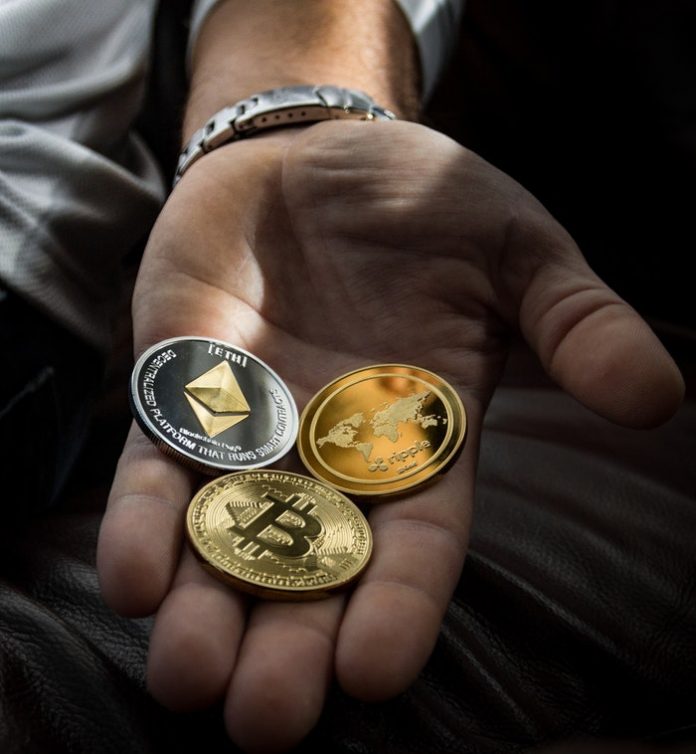The world of cryptocurrency is vast: long gone are the days where it centered solely around Bitcoin. Although cryptocurrency itself is just a decade old, it’s come far today. Cryptocurrency alone has spawned a slew of startups, and millennials are in a prime position to continue to fuel this trend.
According to a survey from Coinbase, roughly 18% of students in the United States have owned cryptocurrency at some point. Over in South Korea, the cryptocurrency market has grown by 100% from 2016 to 2018, and a quarter of those in their 20s have digital currency (more than any other country in the world). As you can see, digital currency is global and millennials play a huge role. These digital natives are the largest generation in the world, and the future of digital currency begins with widespread adoption among this group.
Millennials: An Ideal Target
Millennials are uniquely suited to adopt cryptocurrency. According to a survey from Bankrate, millennials felt that cryptocurrency was more trustworthy than other age groups perceived it. In fact, many believed that bitcoin was the best place to invest money they didn’t intend to touch for several years. Of course, anyone paying attention to cryptocurrency—bitcoin in particular—understand that it’s a volatile market; on any given day, it could fluctuate greatly. And yet, millenials are best poised to undertake risks and understand the promise of growth.
Make Education a Priority
Although millennials are open to embracing new technology, educating them on digital currency and the umbrella terms that sit underneath them is another complicated matter. With that in mind, education is certainly one of the biggest hurdles. Today, there are courses specifically designed to help those interested in digital currency learn more about how it works, as well as how they can make safe investment decisions. Starting a course of your own, writing blog posts, publishing e-books, and creating video tutorials are all great ways to spearhead educational efforts.
Communicate Future Potential
Part of the education process isn’t just about communicating how cryptocurrency works now, but also how it will affect our world tomorrow. Millennials are invested in the future, and tend to be forward-thinking. They want to be involved in the latest trends, and don’t want to fall behind others. There’s no doubt about it: digital currency is the future. It can help increase economic freedom, potentially taking countries like Venezuela out of poverty and aiding the stabilization of fiat currency. Soon, digital currency could be in every country in the world, making it the easiest, safest, and quickest way to make transactions across borders—effectively tearing down barriers that are in place today.
Have a Philanthropic Edge
More than any other group, millennials are intent on giving back. They care about the world around them and the complex issues that affect our environment and social justice. Because of this, a great way to attract them to digital currency is to offer a philanthropic edge. By investing in digital currency, how does it have a positive impact on the earth?
For example, today, carbon credits and climate change are directly linked to digital assets. Each time physical money is exchanged, a person contributes to pollution. The carbon dioxide created by burning fossil fuels is the leading cause of global climate change today. Carbon credits help to limit the release of harmful greenhouse gases into the Earth’s atmosphere, and many businesses are using carbon credits to offset their own carbon footprints. And some digital currencies, like Ven, are actually backed by carbon.
Transparency & Privacy Are Key
Transparency plays a huge role in today’s business and financial landscape. Digital currency puts a great deal of power into the hands of the currency owner, effectively eliminating the middleman and providing greater insight into the supply chain of consumer products. Not only is your money protected, but through the blockchain, you’re also able to make smarter purchasing decisions with that money.
For millennials, understanding where money and consumer goods are derived is important. As previously mentioned, they are more likely to invest in products that aid social good and sustainability. Digital currency helps aid both those goals. With a traditional financial infrastructure, transparency is often separated from privacy and anonymity, and you find yourself sacrificing one for the other. With digital currency, both are possible simultaneously. As you start to engage in discussions with this group, keep these two words in mind: they hold their weight in gold are crucial values to millenials.
Find a Home-Based Business to Start-Up >>> Hundreds of Business Listings.
















































